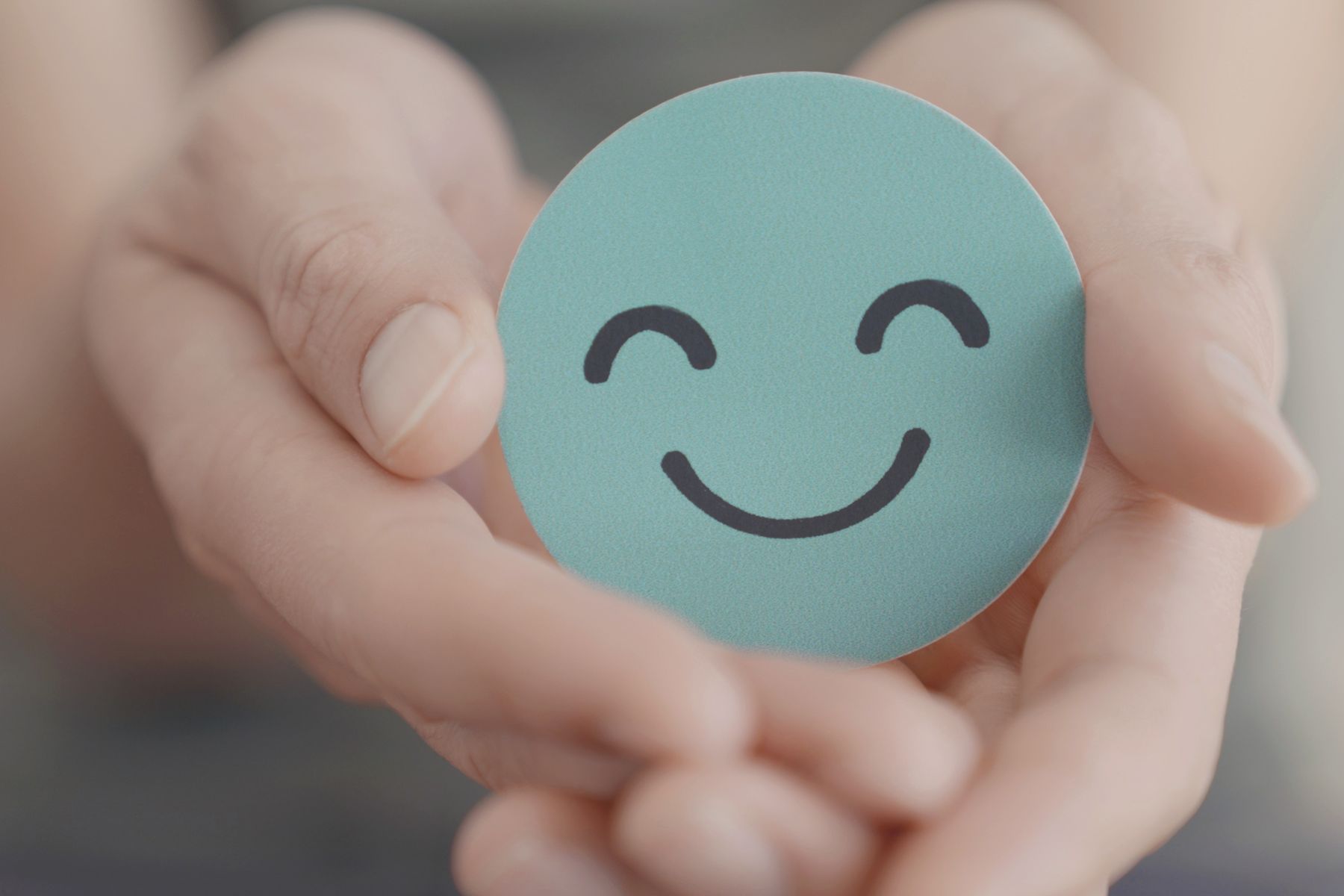Mastering Balance: Strategies for Cultivating Emotional Regulation Skills
Emotional regulation skills are essential for navigating life’s ups and downs with grace and resilience. Whether you’re facing stress at work, conflicts in relationships, or internal struggles with anxiety or depression, the ability to regulate your emotions effectively can make all the difference in your overall well-being. In this article, we’ll explore strategies for cultivating emotional regulation skills to help you manage your emotions, respond to challenges more effectively, and cultivate a greater sense of balance and peace in your life.
Understanding Emotional Regulation
Emotional regulation refers to the ability to identify, understand, and manage your emotions in healthy and adaptive ways. It involves recognizing and acknowledging your feelings, regulating the intensity and duration of emotional responses, and choosing appropriate coping strategies to navigate challenging situations. Effective emotional regulation allows you to respond to stressors with resilience, maintain positive relationships, and make decisions that align with your values and goals.
Strategies for Cultivating Emotional Regulation Skills
1. Develop Self-Awareness
The first step in cultivating emotional regulation skills is developing self-awareness—becoming attuned to your emotions and understanding their underlying causes and triggers. Practice mindfulness techniques such as deep breathing, body scans, or meditation to tune into your thoughts, feelings, and bodily sensations without judgment. Pay attention to the physical signs of stress or emotional arousal, such as tense muscles, rapid heartbeat, or shallow breathing, and use these cues as signals to pause and check in with yourself.
2. Practice Emotion Labeling
Practice identifying and labeling your emotions with clarity and specificity. Instead of simply saying, “I feel bad,” try to pinpoint the exact emotion you’re experiencing, such as sadness, anger, fear, or frustration. Naming your emotions can help you gain a sense of control over them and create distance between yourself and the intensity of the emotion, allowing you to respond more thoughtfully rather than reactively.
3. Develop Coping Strategies
Identify healthy coping strategies that help you regulate your emotions and manage stress effectively. Experiment with different techniques such as deep breathing exercises, progressive muscle relaxation, guided imagery, journaling, creative expression, or physical activity. Find activities that resonate with you and incorporate them into your daily routine as part of your self-care regimen.
4. Cultivate Empathy and Compassion
Cultivate empathy and compassion for yourself and others as you navigate the complexities of emotions. Practice self-compassion by treating yourself with kindness and understanding during times of difficulty or distress. Offer yourself the same level of care and support that you would offer to a dear friend facing similar challenges. Similarly, practice empathy and compassion toward others, recognizing that everyone experiences emotions and struggles, and offering support and understanding when needed.
5. Build Healthy Relationships
Healthy relationships provide a supportive foundation for emotional regulation and well-being. Surround yourself with people who uplift and validate your emotions, and seek out opportunities for meaningful connections and social support. Communicate openly and honestly with others about your feelings and needs, and cultivate empathy and active listening skills to foster deeper connections and understanding.
Cultivating emotional regulation skills is a journey of self-discovery and growth that requires patience, practice, and self-compassion. By developing self-awareness, practicing emotion labeling, adopting healthy coping strategies, cultivating empathy and compassion, and building healthy relationships, you can enhance your ability to regulate your emotions effectively and navigate life’s challenges with resilience and grace. Remember that emotional regulation is a skill that can be learned and refined over time, and each step you take toward greater emotional balance brings you closer to a life of greater peace, fulfillment, and well-being.







